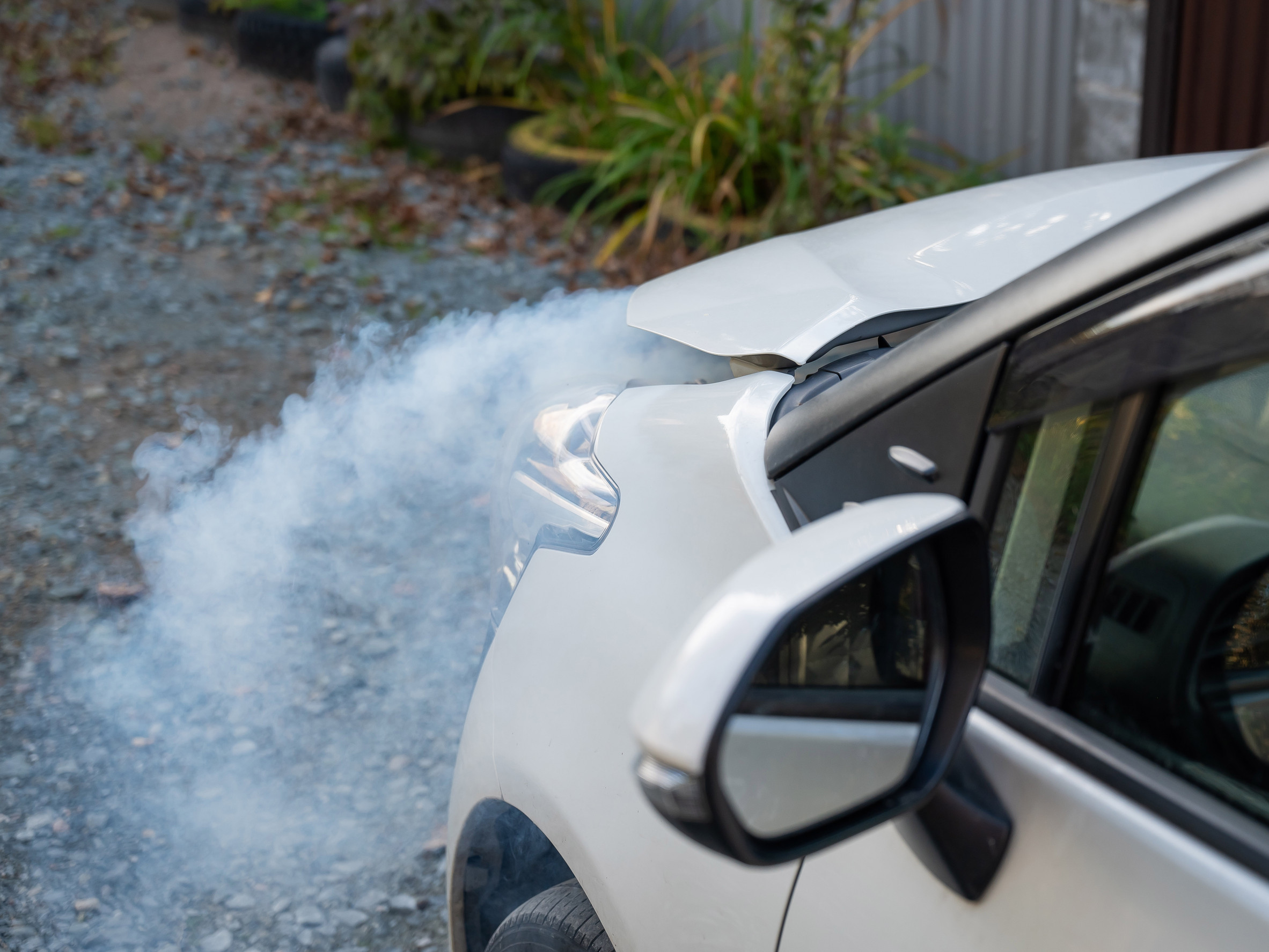As a former mechanic, I can tell you that your radiator overheating can lead to catastrophic damage. In some cases, you might even completely blow up your engine, leading to expensive repairs that most people can’t afford. If you’re driving along the road and realize that your temperature gauge has started to spike, it’s time to pull over and shut off the car. You don’t realize how quickly things can go from bad to much, much worse. Here’s what you need to know.

Coolant Loss Can Start a Dangerous Chain Reaction
Your radiator is part of a closed cooling system that keeps engine temperatures in a safe range. But when coolant leaks or boils over due to overheating, the engine can’t regulate its internal temperature. Once coolant levels drop too low, metal components expand, seals dry out, and internal pressures spike. In minutes, you could experience severe engine knock or seize-up due to excessive friction and heat. Left unchecked, this situation can turn into a multi-thousand-dollar repair, or worse, a totaled car.
Head Gasket Failure Is Just Around the Corner
One of the most common and devastating consequences of radiator overheating is a blown head gasket. The head gasket seals the cylinder head to the engine block and contains vital passages for oil and coolant. Overheating can cause this gasket to warp or crack, allowing fluids to mix. If you notice white smoke from the exhaust, milky oil, or bubbling in your coolant reservoir, a head gasket failure may already be underway. Repairing it is expensive and labor-intensive, often exceeding $1,500.
Aluminum Cylinder Heads Can Warp in Minutes
Aluminum expands rapidly when exposed to high heat, making it especially vulnerable during an overheating event. Many modern engines use aluminum cylinder heads for better efficiency, but they can warp quickly when the radiator can’t do its job. A warped head won’t seal properly against the engine block, leading to compression loss, misfires, and long-term drivability issues. Once warped, the head usually has to be machined or replaced entirely. Catching radiator overheating early is key to avoiding this costly fix.
Transmission Damage Can Sneak In, Too
Many automatic vehicles use the radiator to help cool the transmission fluid through a built-in cooler. When radiator overheating occurs, that fluid can heat up beyond safe levels. Over time, this degrades the fluid, reducing lubrication and putting extra strain on internal transmission components. Symptoms might not show up right away, but delayed shifting, slipping, or hard gear changes can follow. Transmission repairs are some of the most expensive in the automotive world—often $3,000 or more.
Sensors Will Start to Fail and Trigger Warning Lights
High heat can also fry your car’s sensors, especially those near the engine bay, like the coolant temperature sensor, oxygen sensor, or knock sensor. Once these fail, your vehicle may run poorly, throw error codes, or shut down entirely as a protective measure. Replacing sensors isn’t always cheap, and if you’re ignoring them, you might mask more serious damage beneath the surface. The domino effect of radiator overheating can cause a host of electrical and mechanical failures if you don’t act quickly.
Immediate Steps You Must Take If Your Radiator Overheats
If your temperature gauge spikes or you notice steam, pull over immediately and turn off the engine. Open the hood carefully to allow heat to escape—but do not remove the radiator cap while the engine is hot, as scalding coolant can spray out under pressure. Wait until everything cools, then check coolant levels and look for visible leaks. If you’re in a safe location, you may add coolant or water temporarily, but the best course of action is to call for a tow and get a professional inspection. Quick decisions now can save you thousands in engine repairs later.
One Boil-Over Can Turn Into a Breakdown
You should never underestimate the danger of your radiator overheating. Shrugging this off could lead to some extensive damage. You could be looking down the barrel of warped cylinders or worse, completely destroyed transmissions. The risk escalates fast, and the longer things are running hot, the more you’re putting your vehicle at risk. As with most things with your car, preventative maintenance is key. Get your car inspected on a regular basis to ensure you won’t be left stranded or footing the bill for an expensive fix. Overheating isn’t something you want to mess with.
Have you ever had an overheating scare? What happened—and how much did it cost you? Share your story in the comments and help others learn from your experience!
Read More
What No One Tells You About How Your Radiator Could Kill Your Engine Overnight
6 Indicators That Your Radiator Is About To Become A Problem

Drew Blankenship is a former Porsche technician who writes and develops content full-time. He lives in North Carolina, where he enjoys spending time with his wife and two children. While Drew no longer gets his hands dirty modifying Porsches, he still loves motorsport and avidly watches Formula 1.


Leave a Reply